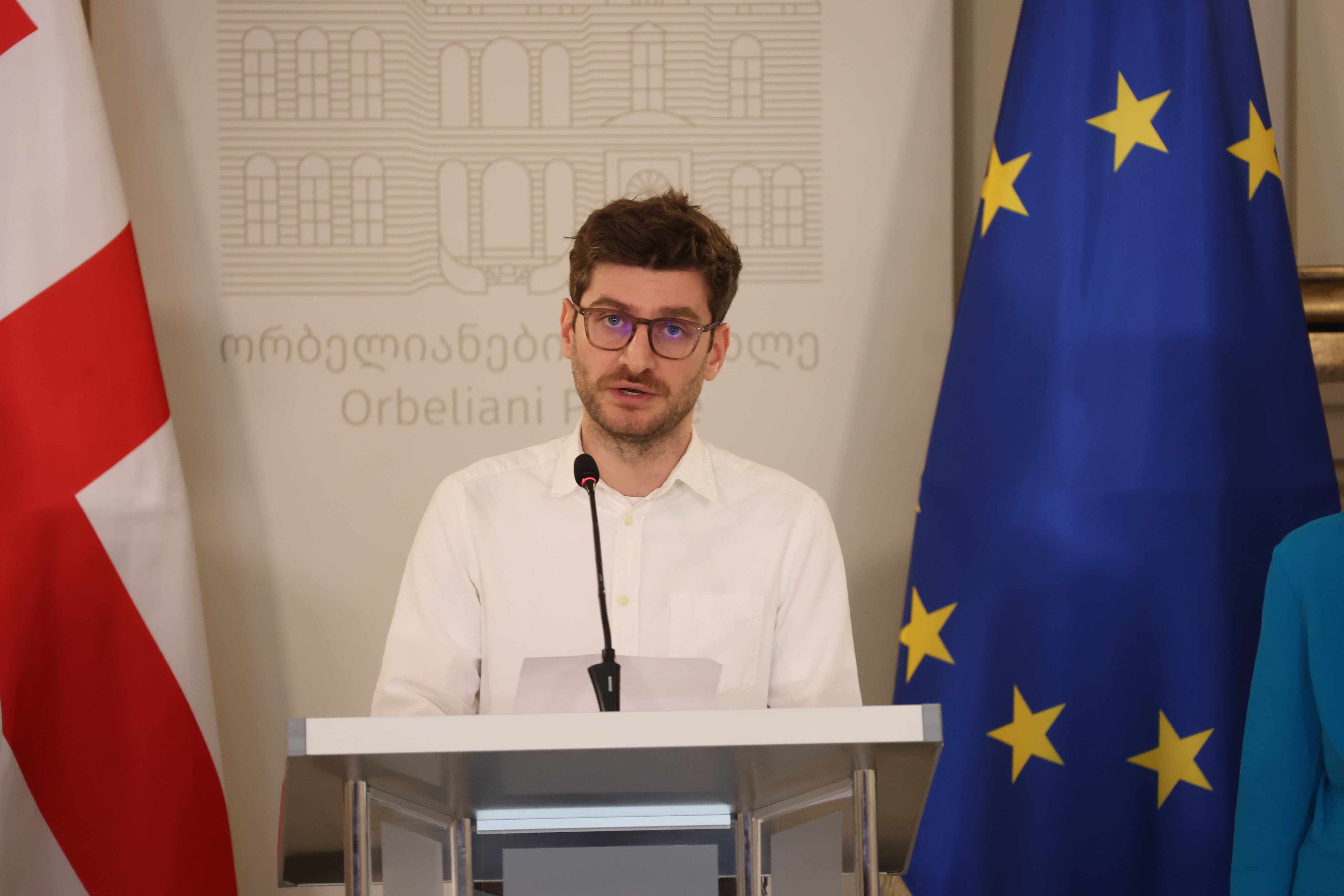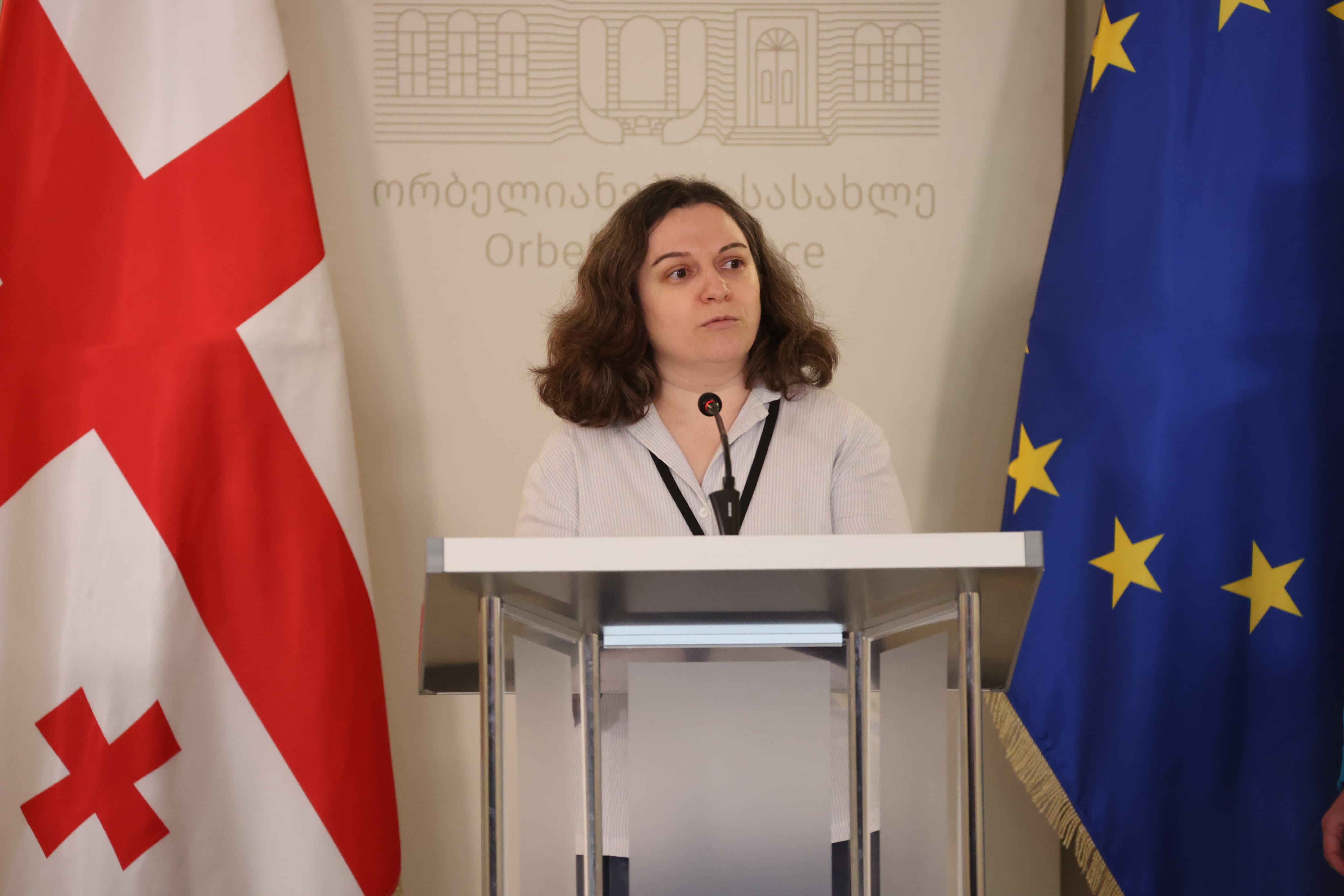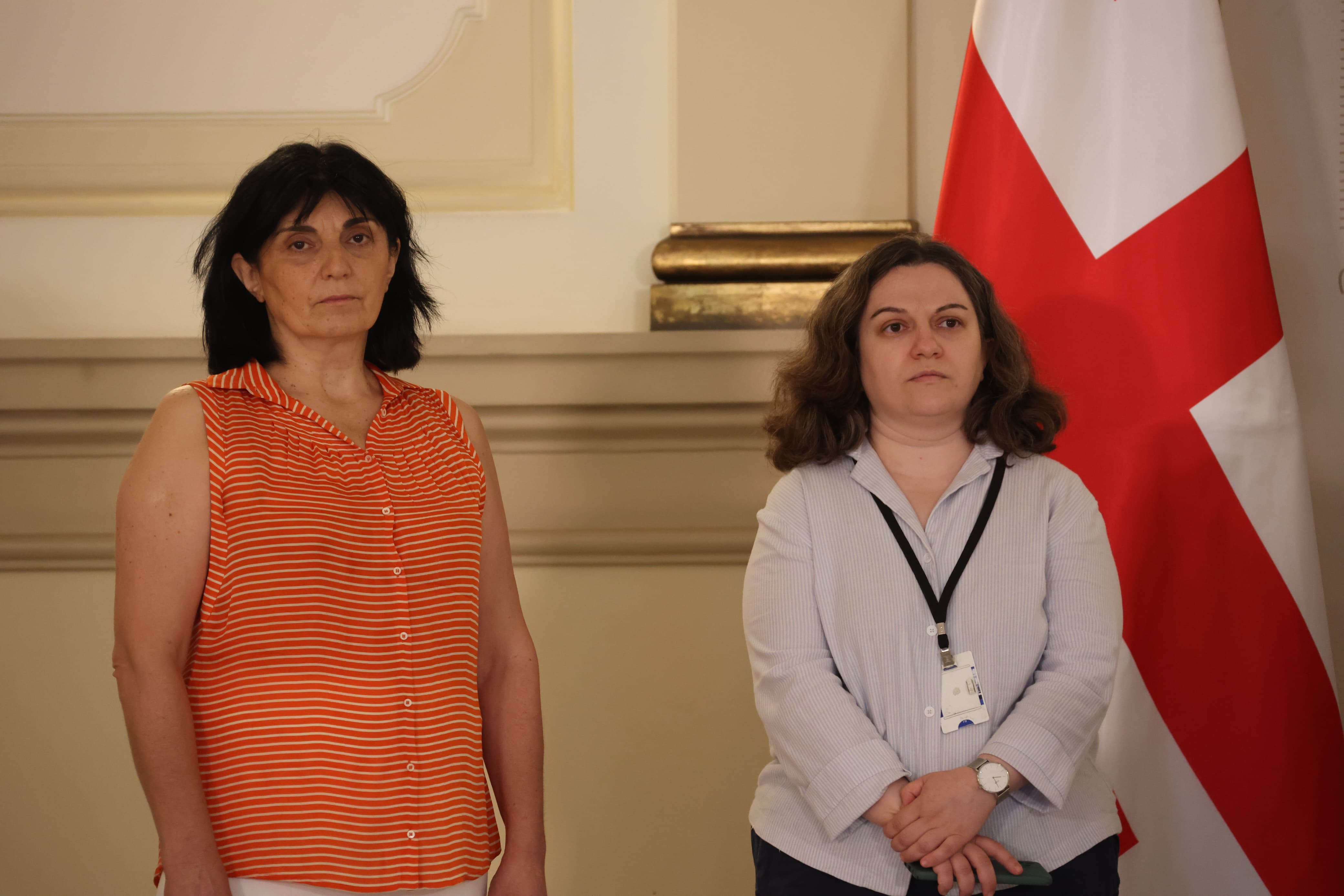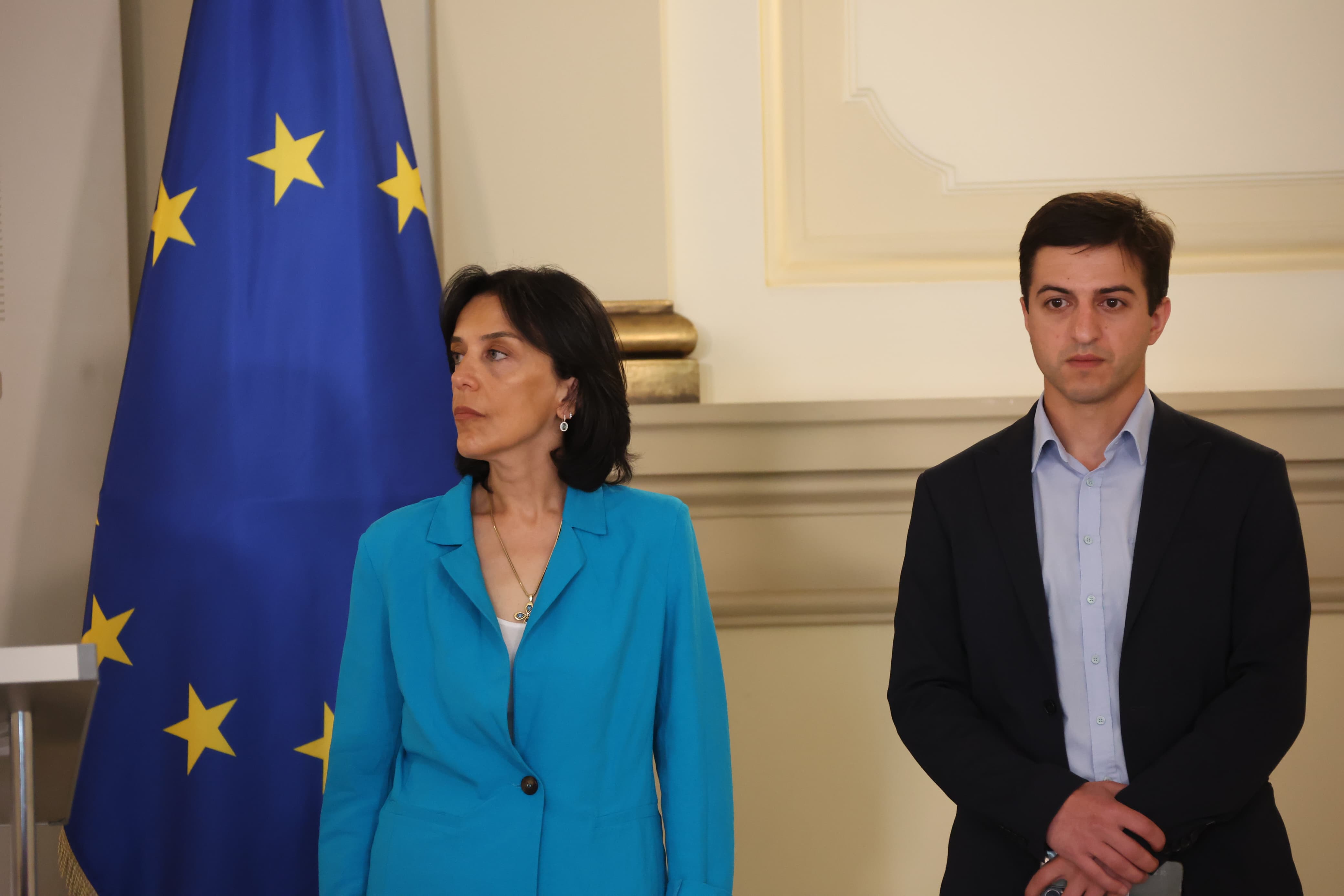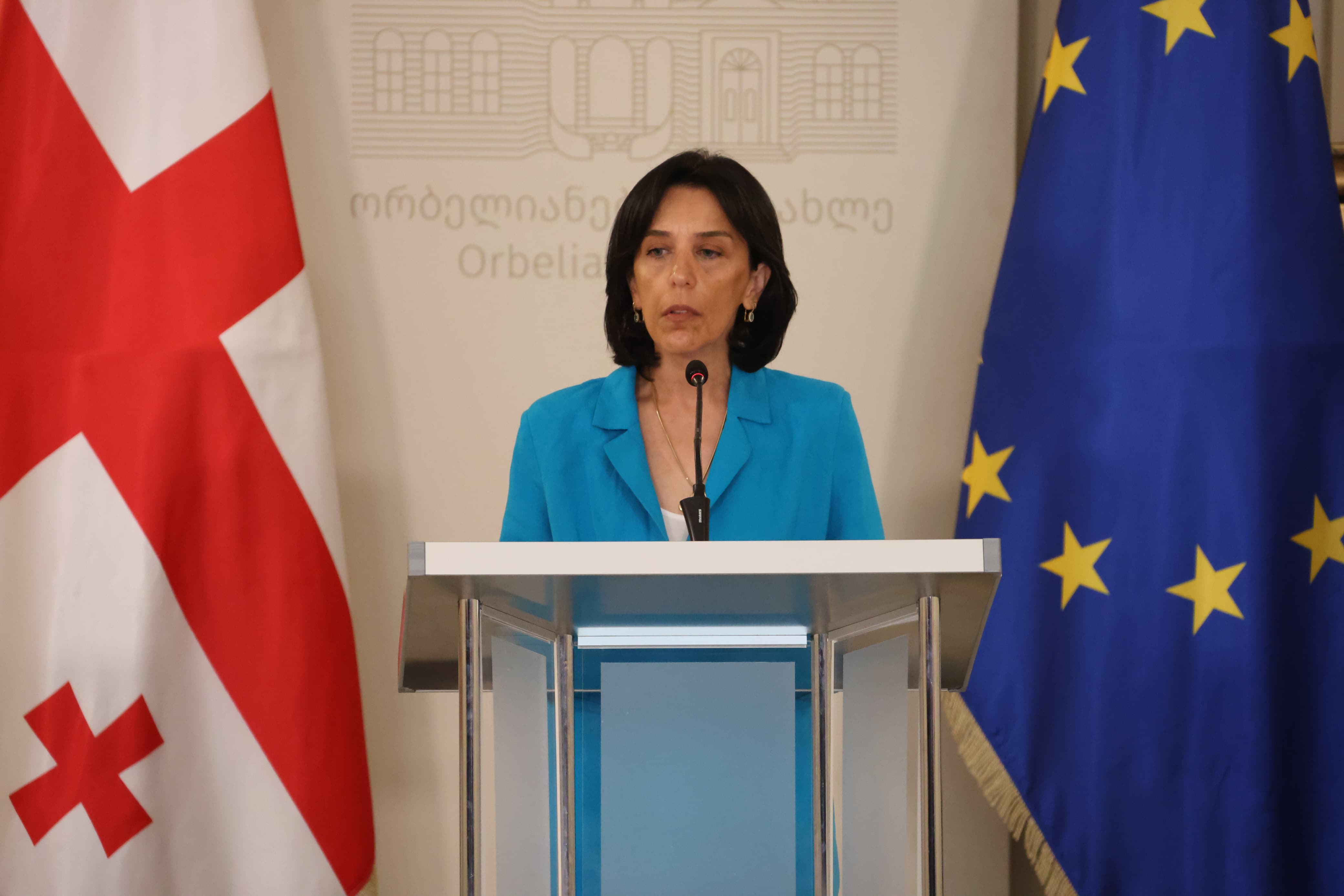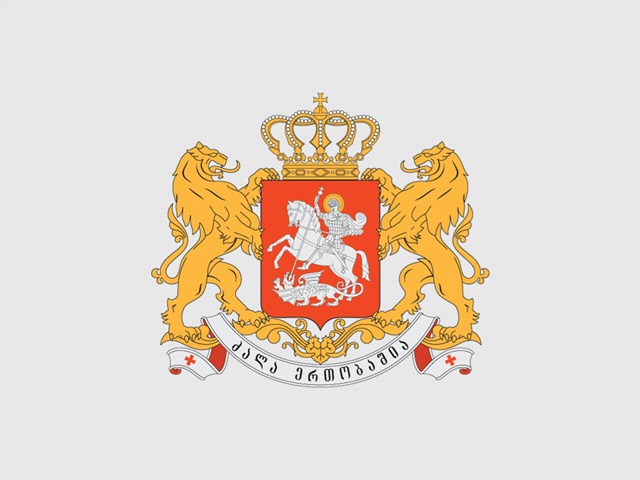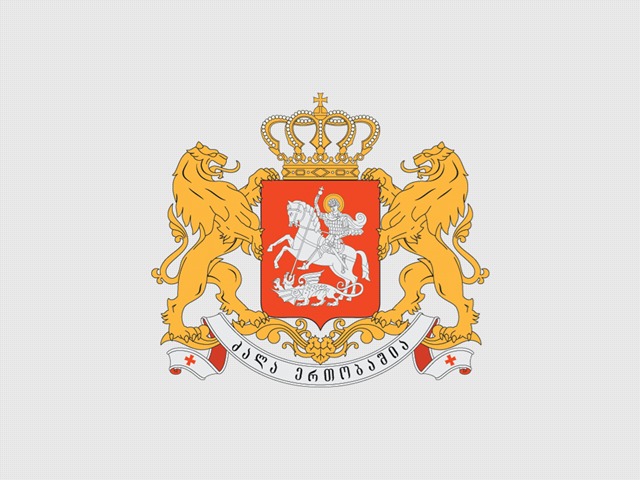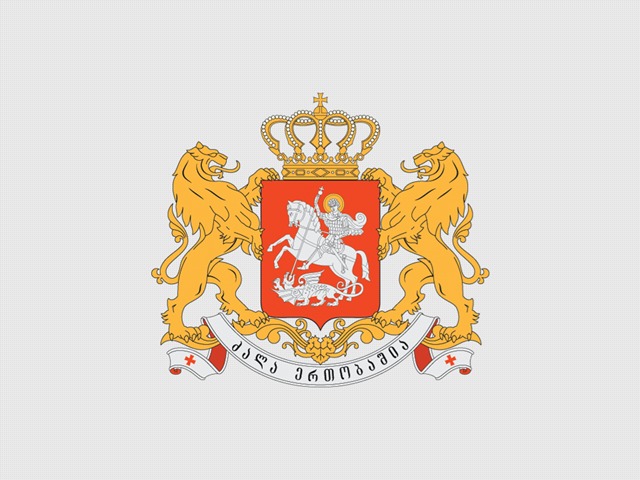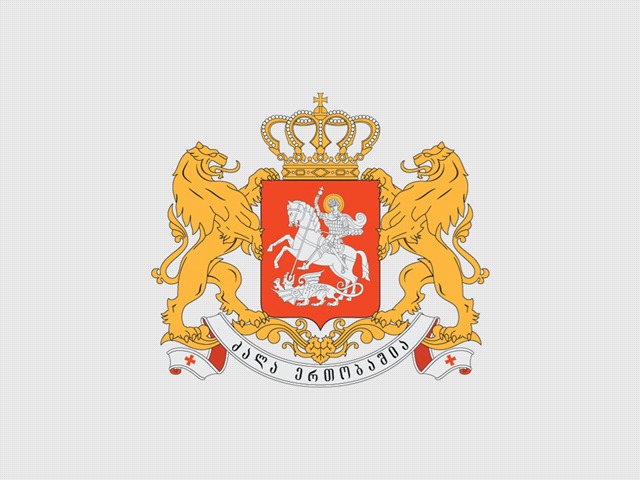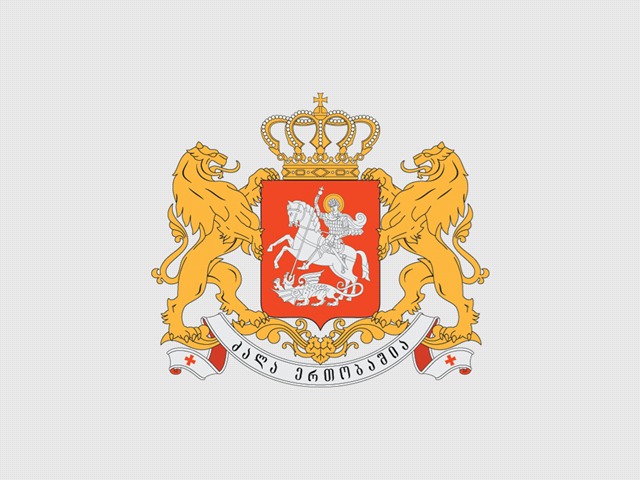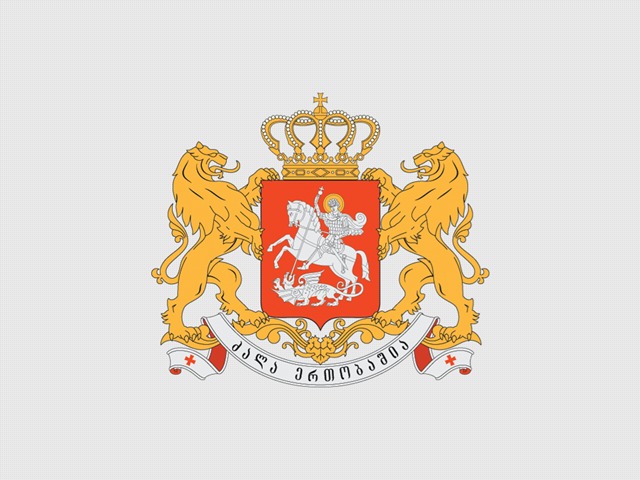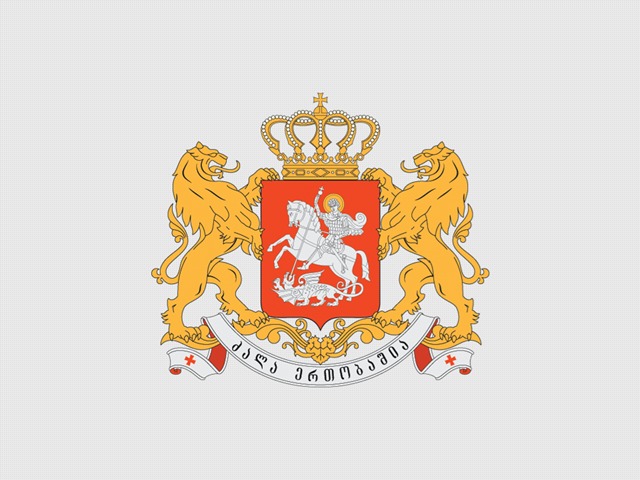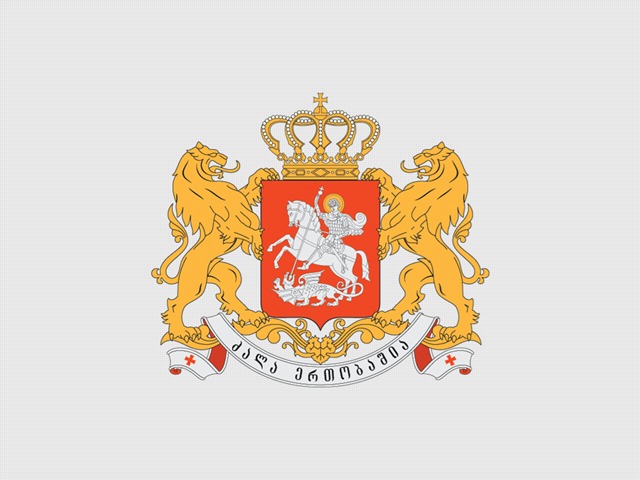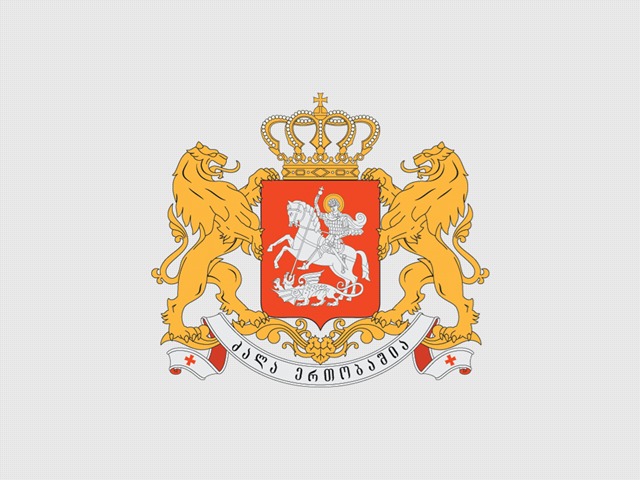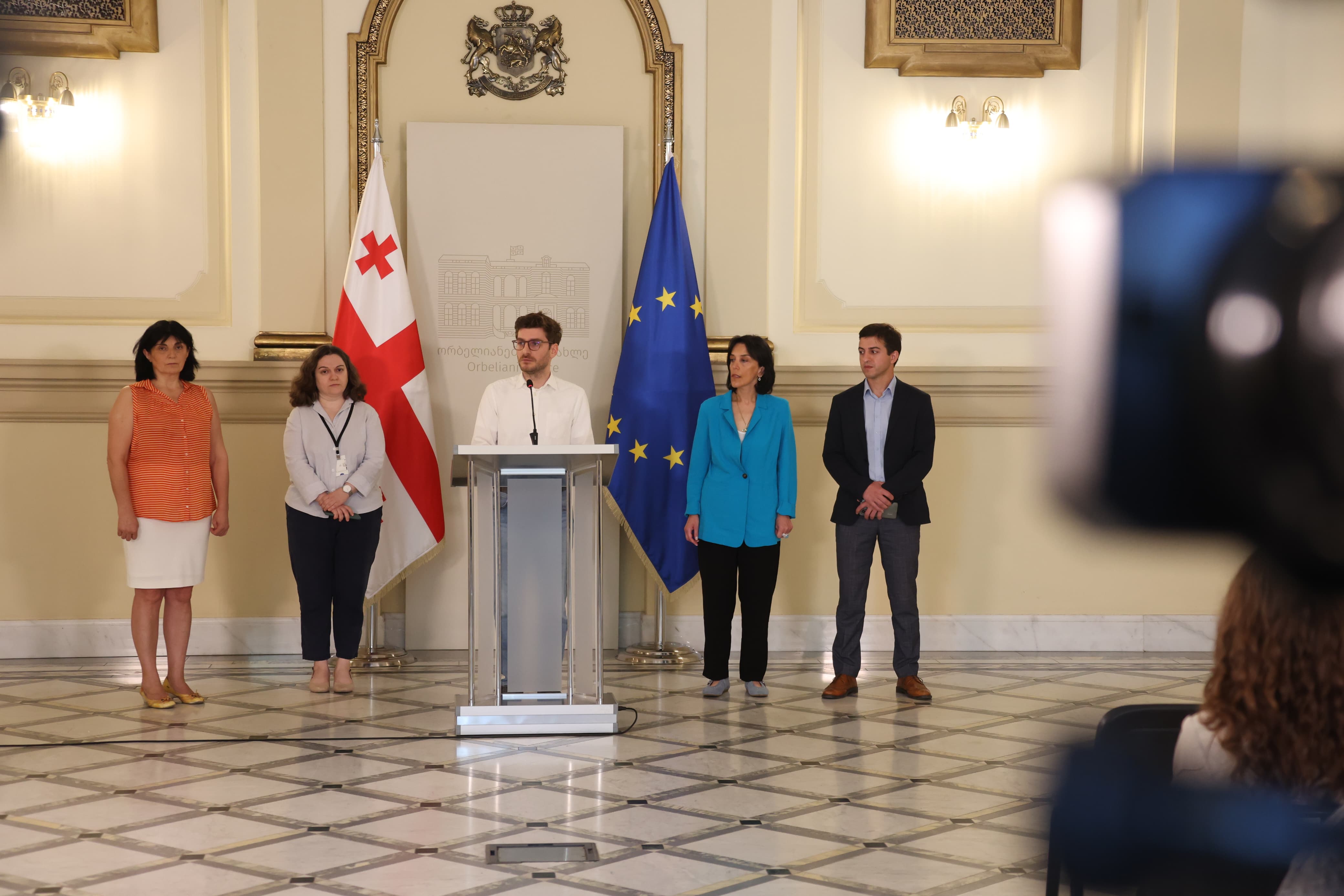
Statement by former members of the "Commission for the Selection of Candidates for Membership of the High Council of Justice of Georgia", established on the basis of the Decree of the President of Georgia No. 21/06/01 of June 21 of this year:
As the public is aware, the Selection Commission for the High Council of Justice recommended two candidates-Giorgi Burjanadze and Kakha Tsikarishvili-for membership in the High Council of Justice following an open competition, review of extensive documentation, and public interviews. The President appointed Kakha Tsikarishvili to the Council by decree on July 15.
On July 22, it was announced that a competition participant had appealed this presidential decree, seeking to annul it, temporarily suspend it, and secure his own appointment to the High Council of Justice. The judge, before reaching a final decision, invoked the temporary suspension mechanism to halt the presidential decree, a move we consider highly problematic and a serious concern.
As the public is aware, the Commission concluded its work by submitting recommendations to the President on specific candidates. However, due to high public interest, we, as former members of the Commission, feel it is important to share our perspective on the Tbilisi City Court ruling of July 22.
Judge Leila Poladashvili granted the plaintiff's motion to suspend the President's decree until the end of proceedings and further prohibited the President from initiating a new competition or appointing another member to the High Council of Justice in any form for five months.
In our view, Judge Leila Poladashvili's decision constitutes a serious violation of the principle of separation of powers protected by the Constitution of Georgia. This ruling infringes on the exclusive authority of the President of Georgia, as established in Article 52 of the Constitution, to independently select and appoint a non-judge member to the High Council of Justice.
The decision also disregards Article 3 of the "General Administrative Code of Georgia," which explicitly excludes the actions of the President of Georgia from the scope of the General Administrative Code.
We believe that this decision undermines the rule of law and public interest. Through this ruling, the court appears to be overtly interfering with the exclusive authority of an independent constitutional body, the President of Georgia. This decision is particularly troubling because it effectively grants the court arbitrary control over whom the President can or cannot appoint to the High Council of Justice.
Notably, the judge also extended the standard two-month period for reviewing the case to five months, which prolongs the impact of this decision and heightens the risk of paralyzing the President's role as an independent constitutional authority.
This decision sets a dangerous and harmful precedent that contradicts Georgian law and compromises the transparency and accountability of the High Council of Justice. It not only weakens the institution of the President and its effectiveness but further erodes the already fragile public trust in the justice system as a whole.
Commission member Ketevan Eremadze:
"The key issue in our stance is the logic of the Constitution: did the General Court have any authority to intervene in this process? This case clearly highlights the judiciary's current lack of sensitivity to the principle of separation of powers.
The Constitution grants both the President and the Parliament of Georgia the authority to appoint independent members to various constitutional bodies. Specifically, the President of Georgia is empowered to appoint one member of the High Council of Justice and three judges to the Constitutional Court, while the Parliament holds similar authority. This is not a mere division of functions where certain powers are given to the President and others to the Parliament. Rather, the core purpose of the Constitution here is for branches of political power to participate, respectfully and with loyalty to the principle of independence, in forming bodies that are meant to be independent.
These appointments-including Constitutional Court judges appointed by the judiciary, the President, and Parliament, along with members of the High Council of Justice, the National Bank Council, and other independent bodies-are meant to foster the integration of independent members into constitutional institutions with the involvement of all political branches.
Therefore, our primary message is that this process falls outside the boundaries of the Constitution, and initiating this dispute in a general court was inappropriate. While the plaintiff had the right to bring the case, the court had no jurisdiction to intervene in this process."
Commission member Nona Kurdovanidze:
"As you know, the Commission has completed its work. Our role and authority ended once we presented our recommendations to the President, along with our rationale for the two candidates, after which the President made a decision on the appointment of a specific member. The Commission's mandate has expired, and we no longer have any authority to take further actions as a Commission.
As individuals deeply concerned about the justice system, we wish to express our views on this matter. This is a deeply troubling precedent in which, unfortunately, the judiciary seems to be using its influence to prevent even one independent voice from entering the High Council of Justice. This single voice, while unlikely to sway major decisions within the Council, could have advocated for greater transparency-a principle that has been largely disregarded, given the Council's lack of cooperation with the public, organizations, and the media, who are typically left in the dark regarding Council decisions.
An independent member could have introduced a critical perspective within the High Council of Justice, which underscores the importance of establishing a commission with a high level of involvement from the President. The OSCE-ODIHR observed these processes closely and, as we know, is aware of this situation, including the developments in court.
This situation is entirely inconsistent with the Constitution. The General Court had no right to suspend the presidential decree and should not have accepted this case for consideration at all. This is the critical point: it should never have happened.
Regardless of the set five-month deadline, this process could be drawn out for years, with appeals potentially reaching the Supreme Court. This could delay the case until the candidate's four-year term expires without any resolution in sight."
This is an extraordinary situation where the Constitution's core provision-that the President is authorized to appoint an independent member-has effectively been overridden by the General Court, which decided it would control who the President can appoint. If this precedent stands, then any appointment within the President's or even Parliament's authority could be subject to judicial oversight, allowing the court to decide who fills these positions. This is unacceptable.
Although there is an option to appeal, this process is lengthy and unlikely to yield a quick resolution. A decision won't come in just a few days; it may be drawn out for a considerable time, and there is little expectation that an appeal would change the outcome. When influential groups within the court oppose a specific independent candidate's appointment to the High Council of Justice, we cannot realistically hope that higher courts will overturn this ruling.
An appeal mechanism does exist, but regardless, the very consideration of this case by a general court is incompatible with the Constitution, as the presidential decree should not have been subject to review by the general court.
